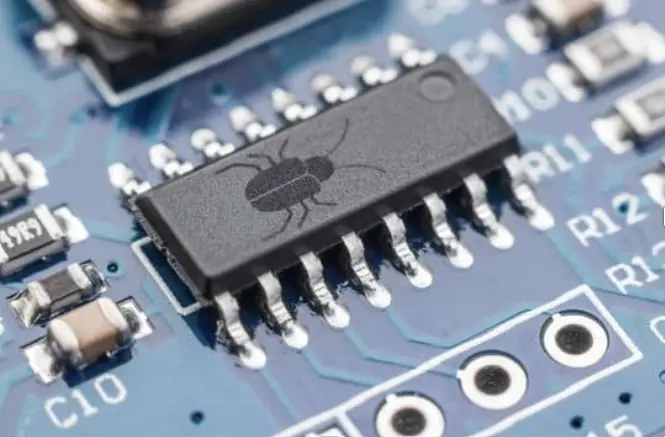What is a Rootkit? Definition, Types and Prevention
Rootkit is a type of malicious malware designed to give cybercriminals hidden control over your device. Let’s discuss rootkits in more detail:

Definition of Rootkit Malware:
The term “rootkit” stems from the combination of the word “root,” which refers to a privileged account in an operating system, and “kit,” which signifies a collection of tools. This combination aptly depicts the rootkit’s capability to grant elevated access akin to a root account, all while operating stealthily.
Unlike viruses that directly damage programs or files, rootkits operate in a more subtle and persistent manner. Rootkits’ primary objective is infiltration and self-concealment. Once embedded on a device, rootkits grant hackers illicit access to remotely control your computer.
Types of Rootkit
Rootkit malware manifests in various forms, determined by the specific components of the operating system they aim to conceal themselves within. Here are some common types found:
- Kernel Mode Rootkit: This type infiltrates the core (kernel) of the operating system, the deepest level with full access to all system resources. This makes it very difficult to detect and remove. Examples: Spicy Hot Pot, FU, Knark.
- User Mode Rootkit (User-Mode): Works at the user level, which has more limited access than kernel mode. They can replace legitimate system programs and libraries, as well as hide important files and processes. Example: Vanquish, Aphex, Hacker Defender.
- Bootkit:Targets the operating system boot process. They infiltrate the Master Boot Record (MBR) or drive boot sector, so they are active even before the main operating system runs. This makes them very persistent and difficult to get rid of.
- Rootkit Firmware: Ini adalah jenis yang paling berbahaya. Mereka menginfeksi firmware perangkat keras, seperti BIOS motherboard. Because firmware is at a lower level than the operating system, detecting and cleaning it becomes much more difficult.
The type of rootkit that attacks your system depends on the vulnerabilities present and the attacker’s goals. All of these types are equally dangerous and can make your system vulnerable to data theft and other attacks.
Danger of Rootkits
Here are some of the dangers of rootkits that are often encountered:
- Stealing information: Hackers can use it to steal your sensitive data, such as financial information, login credentials, or personal documents.
- Installing additional malware: Rootkits can be an entry point for other, more dangerous malware, such as ransomware or keyloggers.
- Tracking user activity: Hackers can monitor your browsing activity and keyboard keystrokes to gather further information.
- Interferes with system performance: Despite trying to remain unnoticed, sometimes its activity can make the computer slow or unstable.

Difficulty in Rootkit Detection
Rootkits are designed with the ability to hide themselves from detection by standard security programs. They can modify the system to make it look normal and avoid suspicion.
However, you can still be alert to the presence of rootkits. Some indications to pay attention to are:
- The appearance of unknown programs or files
- Computer performance drops drastically
- Security programs that do not function normally

Prevent Rootkits
Some ways to prevent:
- Install a trusted antivirus and anti-malware: Choose a security program that has detection capabilities.
- Be careful with suspicious links and attachments: Don’t just click on any link or open an email attachment from an unknown source.
- Update software regularly: Regular updates close security gaps that could be exploited.
Also Read: Worm: Tipe, Ciri, dan Pemulihan

